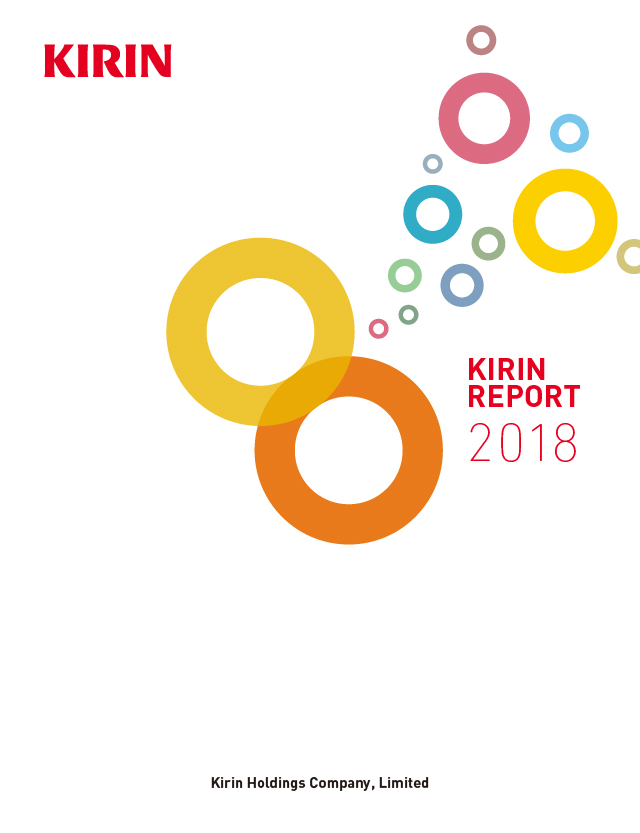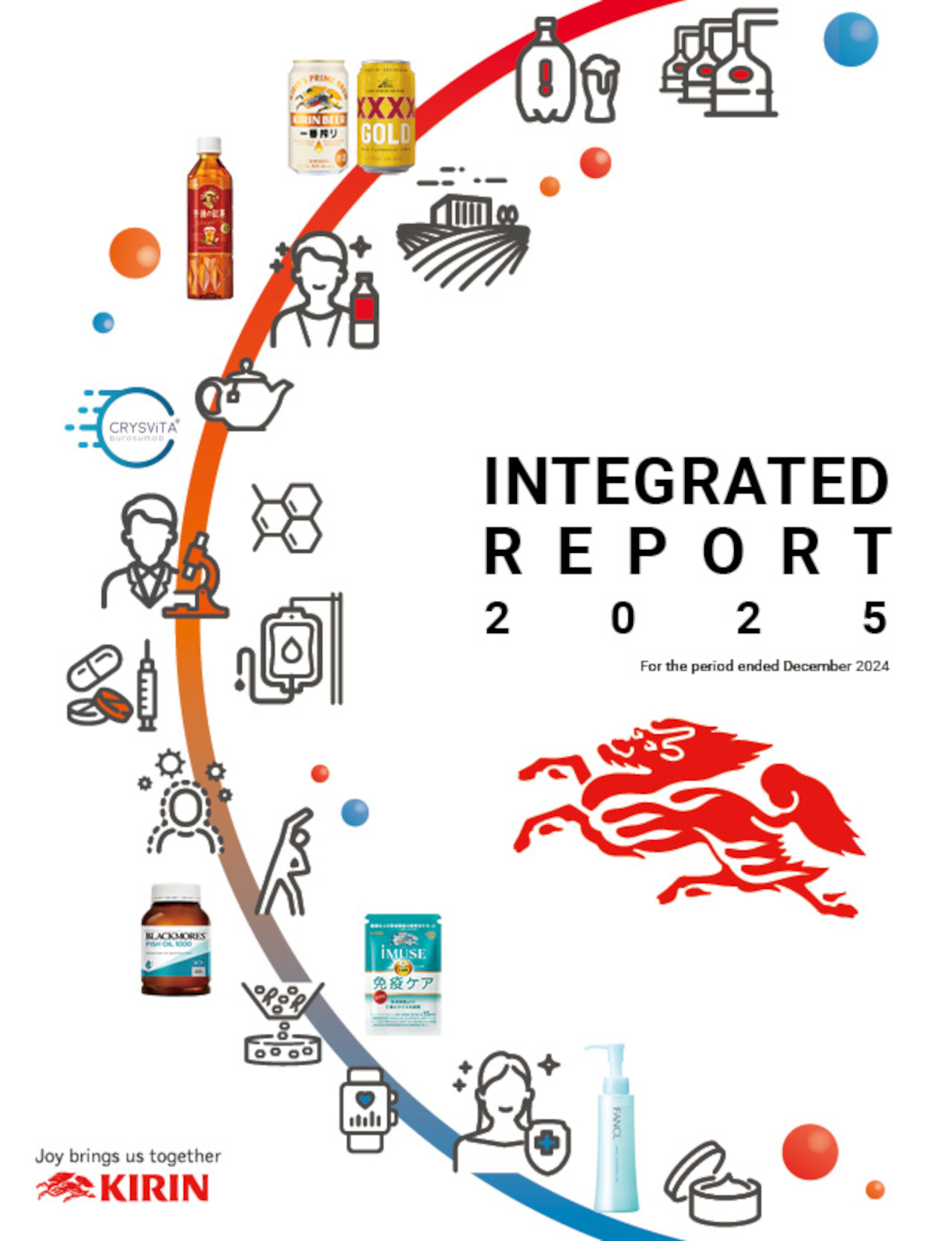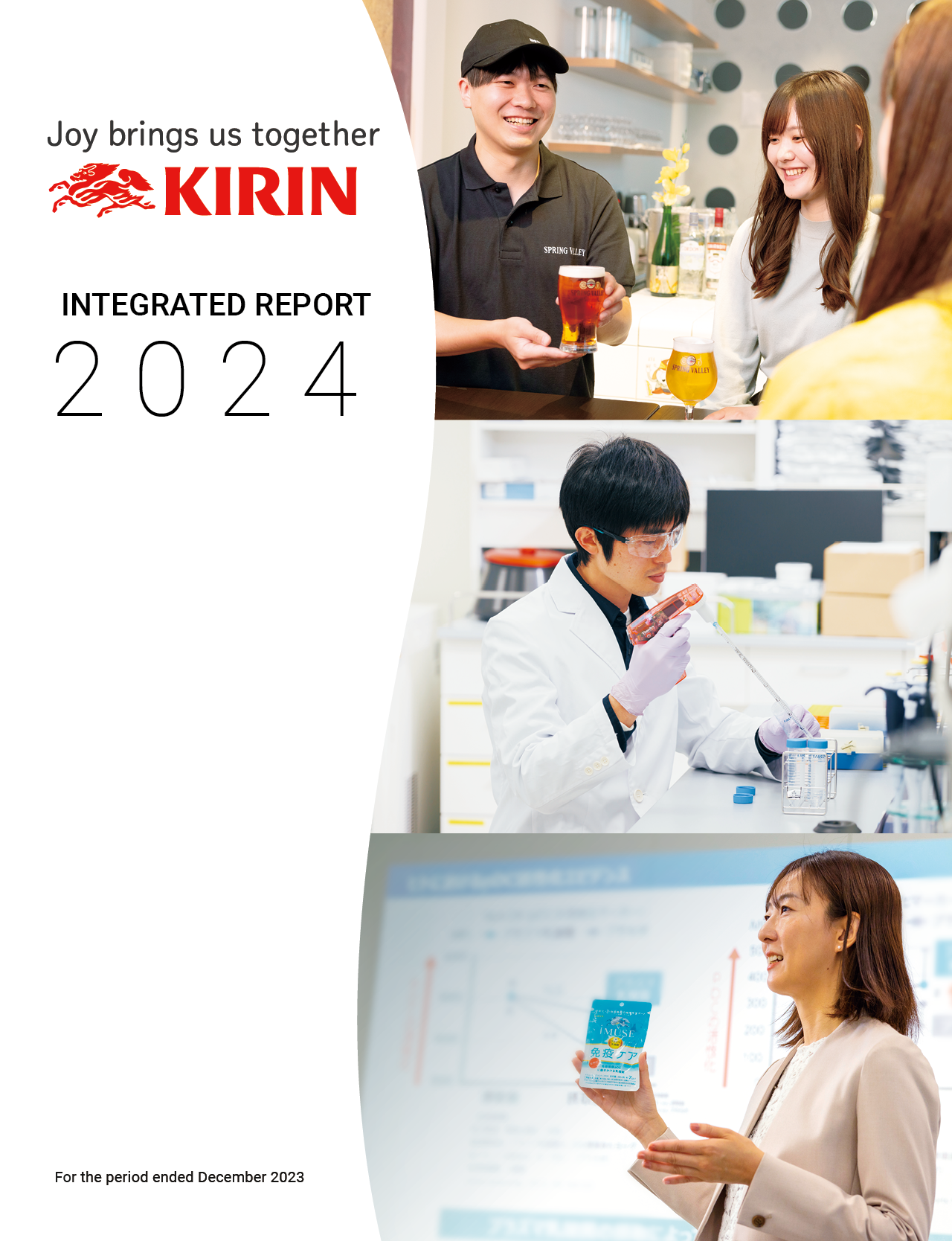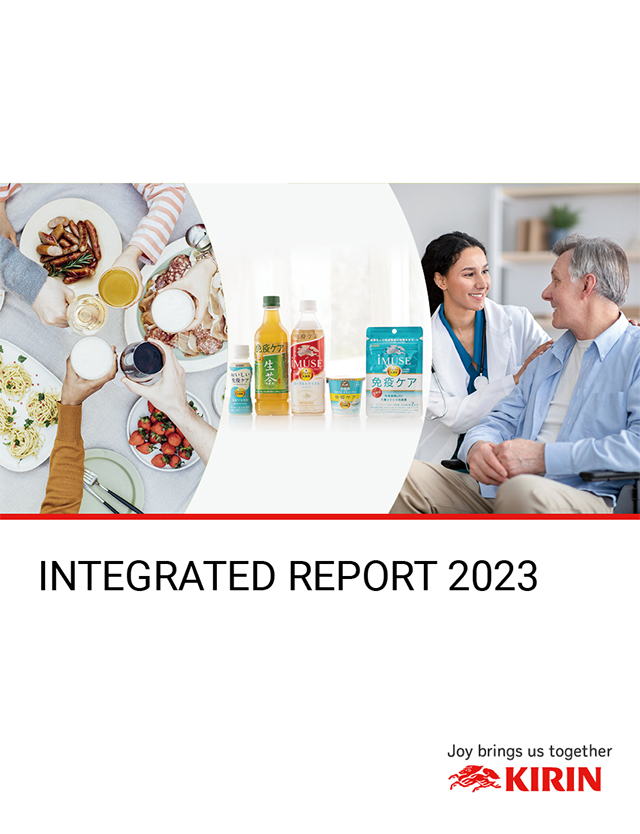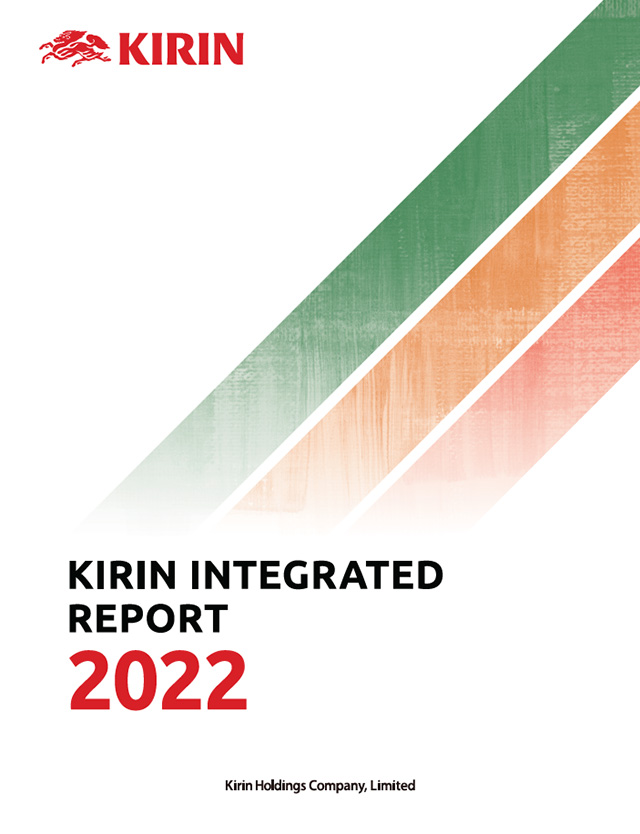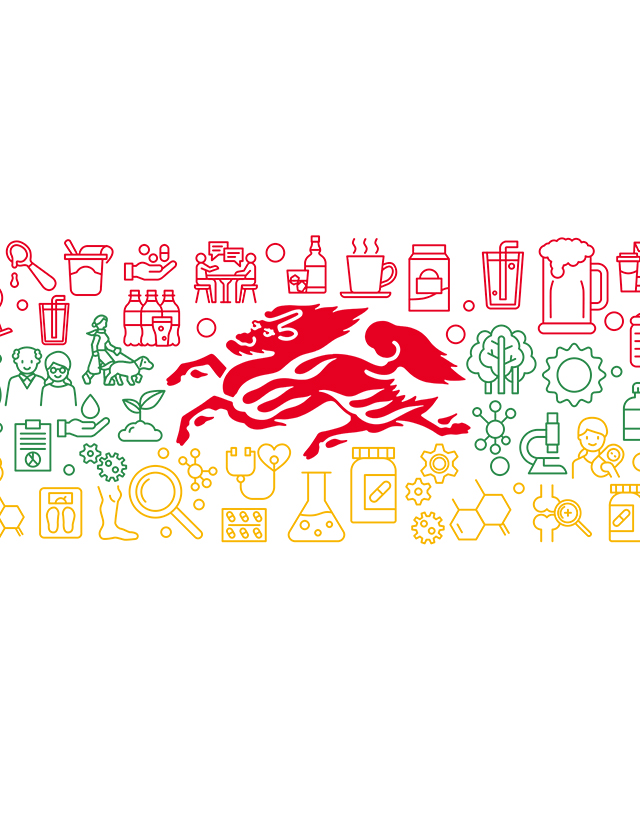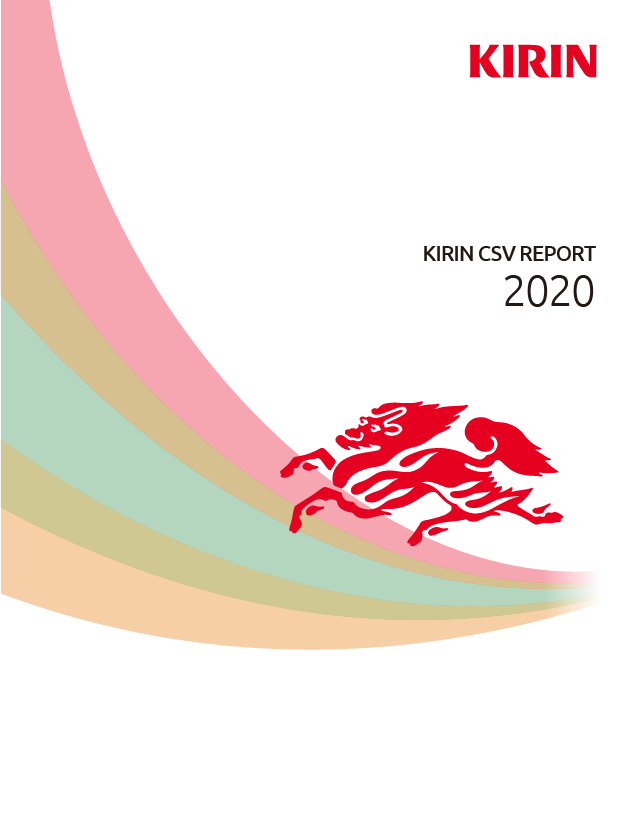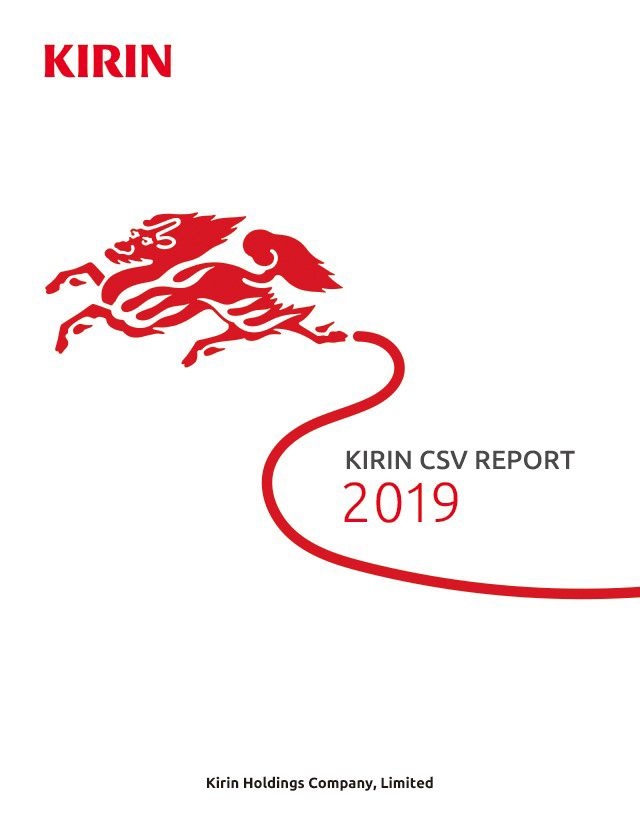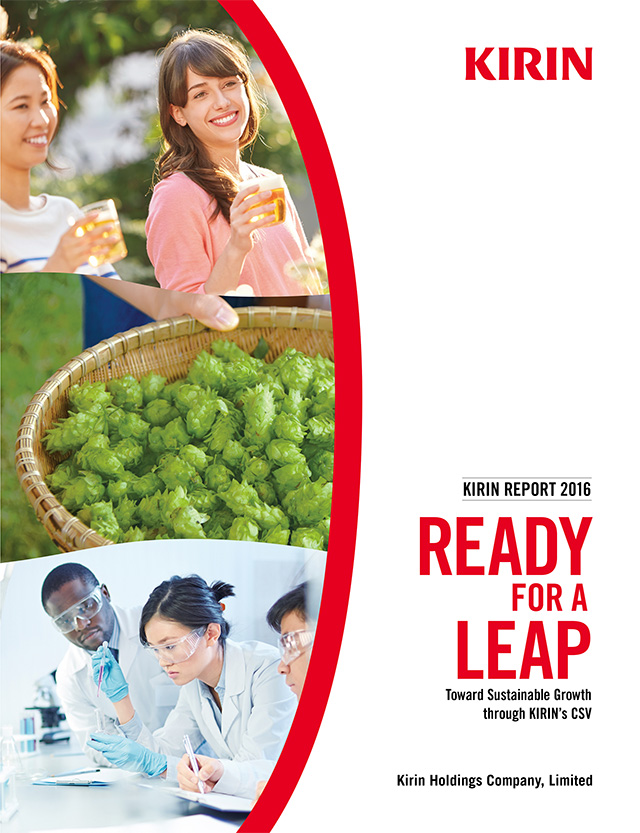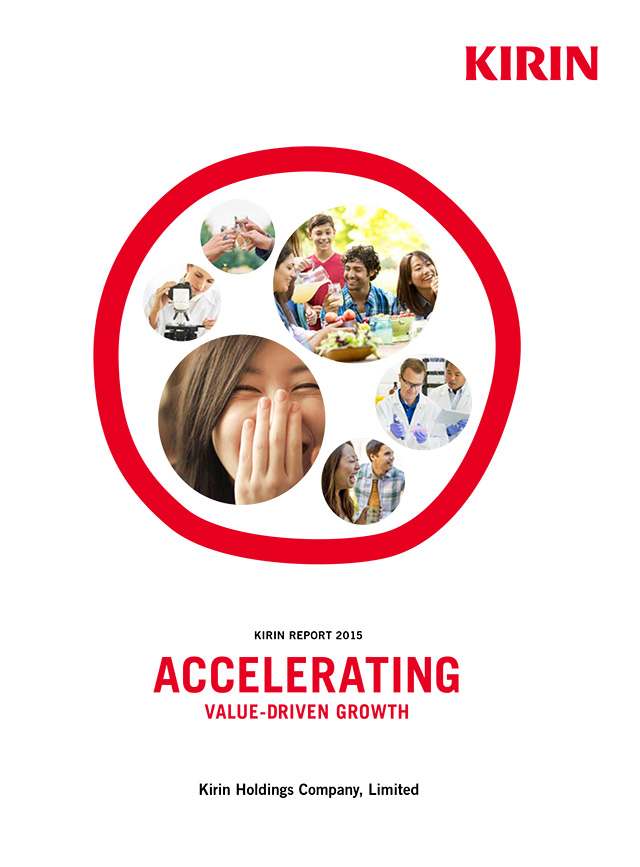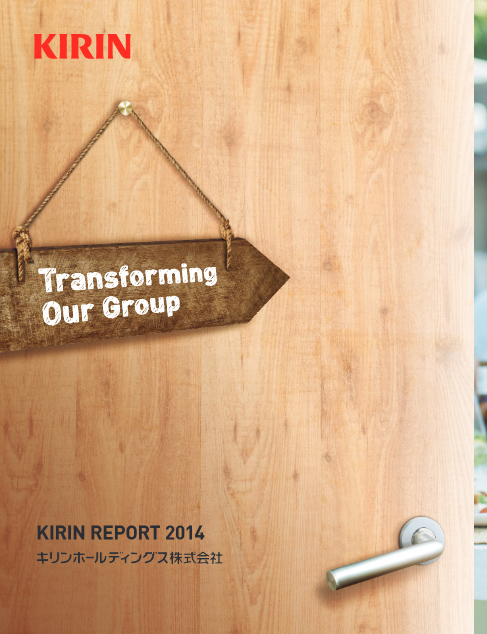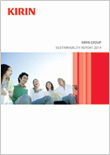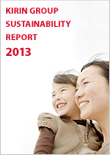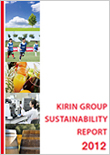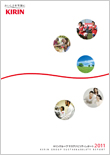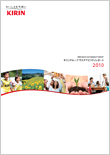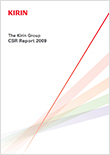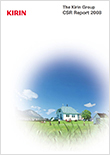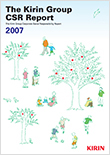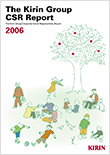Integrated Report PDF
Since FY2014, we have published the integrated report "KIRIN REPORT" instead of the annual report and sustainability report. The KIRIN REPORT provides clear explanations or the Company's results and other financial data, operations, strategies, and other information, as well as the invisible assets that help the Kirin Group to realize sustainable growth.
-
*From the 2018 edition we use the publication year for the title while in previous editions we used to use the edition year (the prior year of publication). As a result, there is no booklet using “2017” for the title.
FY2025
-
01 Message from Top Management
-
Message from the CEO
-
Message from the COO
-
-
02 Overview of the Kirin Group
-
The Kirin Group's Businesses
-
History of Business Development
-
Corporate Policy
-
Financial and Non-Financial Highlights
-
-
03 Value Creation in the Kirin Group
-
CSV Management / Value Creation Model / Management Issues for Sustainable Growth / CSV Purpose
-
Message from the Senior Executive Officer of CSV Strategy
-
Kirin Group's Foundations for Driving Innovations
-
Human Capital (Diversity and Inclusion, Culture for Innovation)
-
R&D (Core Technology That Assures Value Creation)
-
Marketing (Consumer Centric Marketing)
-
Digital Transformation (ICT Accelerating Value Creation)
-
-
-
04 Strategies and Performance
-
Long-Term Management Vision, Kirin Group Vision 2027 (KV2027)
-
Reflections on Past Medium-Term Business Plans and the Plan for 2027
-
Kirin Group Plan for 2027
-
Strategies for Each Business Domain Toward 2027
-
Message from the CFO
-
-
05 Special Feature
- Special Feature 01 Value Creation in Each Domain
-
Food & Beverages Domain (KIRIN HYOKETSU mottainai project)
-
Pharmaceuticals Domain
-
Health Science Domain (iMUSE Immune Care Supplement)
-
- Special Feature 02 The Future of the Health Science Business
-
Message from the Senior Executive Officer of Health Science Strategy
-
About FANCL
-
Message from the President of FANCL
-
- Special Feature 03 Social Impact
-
Measuring Social Impact and Visualizing Social Value Created by Kirin
-
- Special Feature 01 Value Creation in Each Domain
-
06 Strategies and Reviews of Operating Companies
-
Kirin Brewery / Lion
-
Kirin Beverage / Coke Northeast
-
Kyowa Kirin
-
FANCL / Blackmores
-
-
07 Corporate Governance
-
Corporate Governance Structure / Response to the Corporate Governance Code
-
The Board of Directors / Evaluation of the Board of Directors' Effectiveness
-
Management
-
Succession Plan for Executive Directors
-
Basic Policy for the Remuneration of Executive Officers / Composition of the Remuneration / Procedures for Determining the Remunerations of Executive Officers / Policy on Cross-shareholdings
-
Messages from New Members of the Board
-
Risk Management
-
Message from an Audit & Supervisory Board Member
-
- 08 Disclosure Based on the TCFD and TNFD Frameworks
- 09 Respect for Human Rights
-
10 Data Selection
-
10-Year Summary of Key Financial Data
-
Overall Business Conditions / Performance by Reportable Segment
-
Group Non-financial Indicators
-
2022–2024 CSV Commitments
-
CSV Commitments as of 2025
-
Glossary / Calculation Method for Kirin Group's GHG Emissions
-
Company & Group Information
-
FY2024
FY2023
FY2022
FY2021
FY2020
FY2019
FY2018
